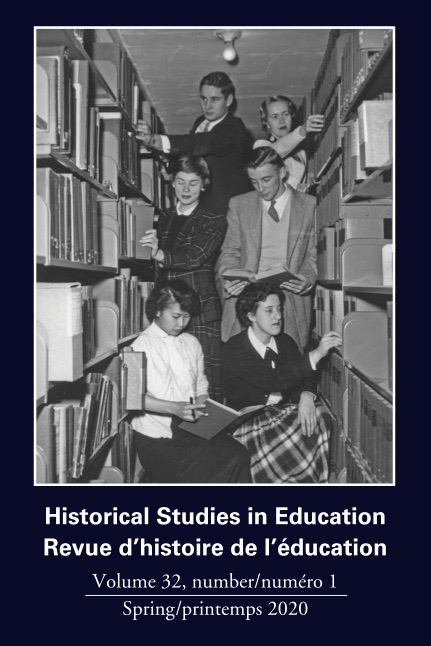Child Labour, Parental Neglect, School Boards, and Teacher Quality: School Inspector Reports on the Supply and Demand of Schooling in Mid-nineteenth-century Sweden
- schooling,
- nineteenth century,
- school boards,
- economic elites,
- Protestantism
Abstract
By examining the state school inspector reports of 1861–1863, which provide rich insights into the local conditions of schooling in Sweden, this article sheds further light on the wide range of factors that weakened school enrolment and attendance in nineteenth-century Sweden. In terms of parental demand, these included child labour on farms, at manors, and in industries; the transformation of the servant system among rural households; and religious practices, such as the confirmation and the beliefs of Protestant sectarian groups. On the supply side, factors that school inspectors reported included the inability of Swedish teacher seminars to examine enough teachers and the problematic behaviour of local school boards. As a result, this article provides additional input into the debate in educational history regarding the role of the state, religion, rural elites, and parents in the rise of mass schooling, while simultaneously providing further qualitative evidence to a quantitatively oriented research field in economic history on the determinants of schooling.
